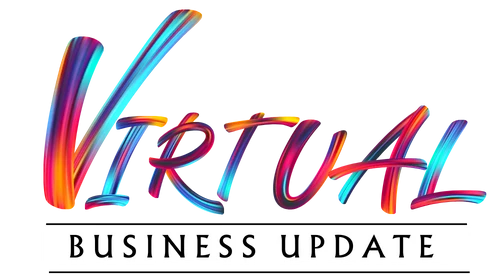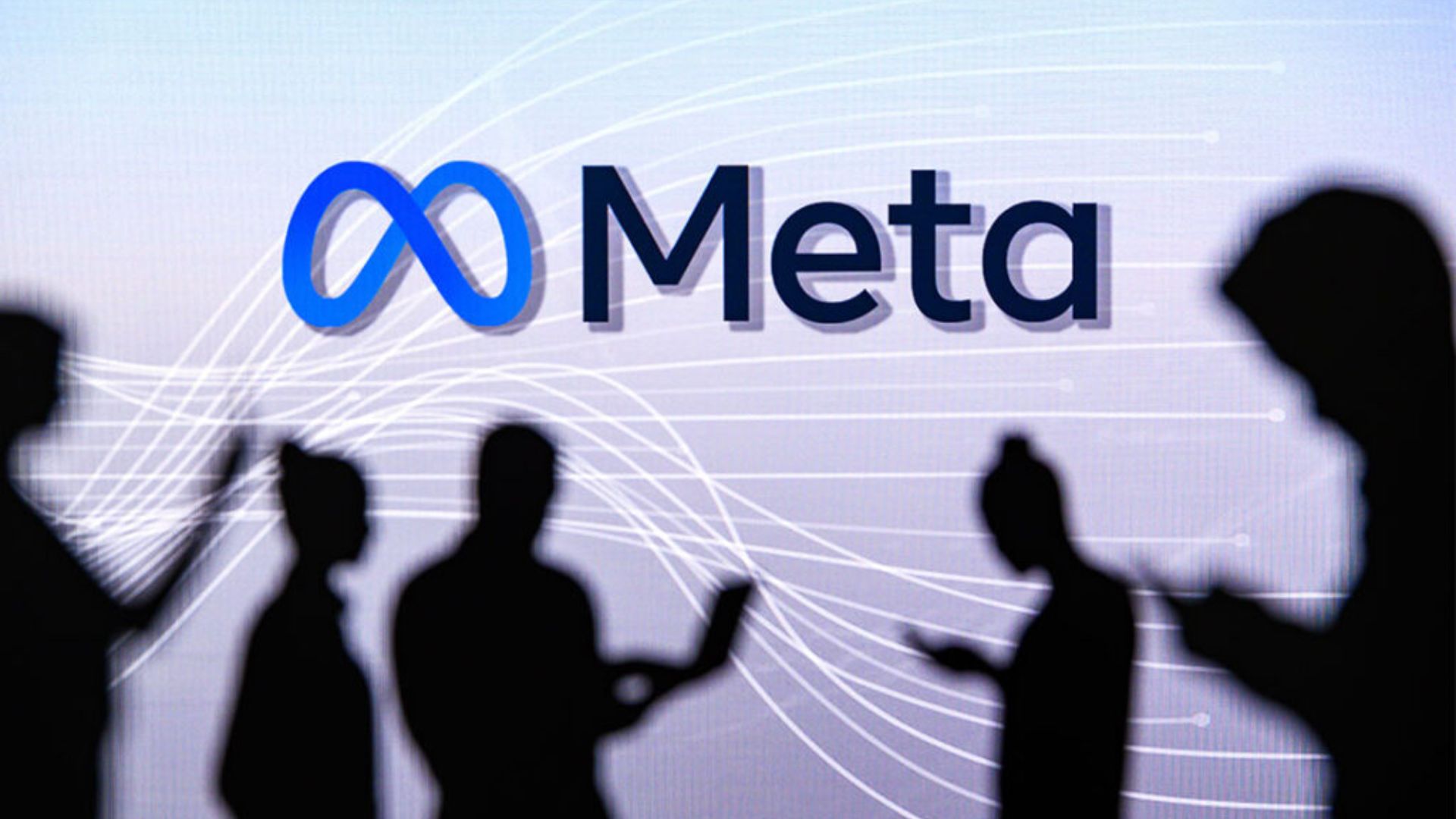The familiar “Like” sign still greets visitors at Meta’s Menlo Park headquarters, but inside, the company’s identity has evolved. What was once a social media empire is now rapidly becoming an artificial intelligence powerhouse. Across the open workspaces, employees are adjusting to a new reality — one where AI shapes nearly every aspect of their work. For Meta’s workforce, the AI era isn’t coming someday; it’s happening right now. This shift is redefining how people work, what skills they need, and how they see their future within the company.
The AI-First Workflow: When Code Gets a Co-Pilot
At Meta, AI is no longer confined to research labs or specialized teams. It’s woven into the daily routines of thousands of employees. Engineers use AI-assisted coding tools to generate boilerplate code, fix bugs, and even write tests — tasks that once took hours are now done in minutes. Machine learning models are helping data scientists analyze enormous datasets, uncovering insights that human analysts might miss entirely.
The transformation reaches far beyond engineering. Marketing teams now depend on AI systems to fine-tune global ad campaigns in real time, boosting precision and performance. Content moderators, who deal with some of the most challenging material online, are aided by AI filters that identify and flag potential violations before humans even see them — reducing emotional strain and improving speed.
In this environment, AI literacy is essential. Whether you’re designing features or drafting ad copy, knowing how to collaborate effectively with AI determines success. As one Meta engineer put it, “It’s not about what you can do alone anymore — it’s about how well you can work with your AI partner.”
Cultural Shifts and Internal Re-skilling
This rapid transformation has triggered significant internal cultural shifts. Meta has aggressively reallocated resources, sometimes controversially, away from previous priorities like the metaverse towards its AI ambitions. This has created a dynamic environment of both excitement and uncertainty.
A massive internal re-skilling effort is in full swing. The company is investing heavily in training programs to help existing employees transition into AI-centric roles. Veteran software engineers are encouraged to take courses in machine learning, while product managers are learning the language of large language models (LLMs) and diffusion models to better define new features. This creates a dual-path environment: on one hand, there is the thrill of working at the cutting edge; on the other, the pressure to continuously learn and evolve to avoid obsolescence.
The culture of innovation has become even more intense. Hackathons, a long-standing tradition at Meta, are now dominated by AI projects. Teams are encouraged to rapidly prototype new ideas using the company’s internal AI tools, like its Llama models, fostering a “build fast and break things” mentality that now applies to generative AI. This internal drive is often showcased by leaders like Meta CEO Mark Zuckerberg on his Facebook page, where he frequently shares updates on the company’s latest AI breakthroughs and ambitions.
Navigating Ethical Challenges and Employee Sentiment
Life at Meta in the AI era isn’t just about technological triumph; it’s also about navigating a complex web of ethical considerations. Employees, particularly those in AI research and policy roles, are on the front lines of debates about data privacy, algorithmic bias, and the societal impact of powerful generative AI. Internal forums and channels are often filled with vigorous discussions about the responsible deployment of technology, reflecting a workforce that is increasingly conscious of its creations’ real-world consequences.
Employee sentiment is a mixed bag. There is undeniable pride in working on products used by billions and in being at the forefront of a global technological revolution. However, this is tempered by the pressures of intense competition with rivals like Google and OpenAI, which can lead to demanding deadlines and a high-stakes environment. The constant organizational churn as teams are restructured to align with AI priorities can also be a source of fatigue and anxiety. For a glimpse into this blend of pride and pressure, one need only look at the anonymous employee discussions on platforms like Blind.
The New Meta Employee: Born for the AI Age
The definition of the ideal Meta employee is shifting. It’s no longer enough to be a strong coder or a sharp strategist. The company now values what leaders call AI-native thinking — an instinctive understanding of how to apply AI to solve real problems, curiosity about model behavior, and an awareness of the ethical and design considerations that come with AI systems.
Employees who thrive at Meta today are those who can bridge disciplines — blending technical knowledge with product insight, design intuition, and social awareness. The company’s workforce is learning that collaboration with AI isn’t a temporary adjustment; it’s the foundation of how work will be done moving forward.
A New Kind of Workplace Evolution
In many ways, life at Meta has become a living experiment in human and corporate adaptation. The company’s all-in bet on artificial intelligence has redefined its purpose and direction. Engineers, designers, and marketers alike are learning to work alongside intelligent systems that both challenge and empower them.
The journey isn’t easy. Some employees find the constant pace of change overwhelming, while others see it as the most exciting opportunity of their careers. But everyone at Meta shares one reality: the AI era is no longer an abstract concept — it’s the environment they live and work in every day.
Meta’s transformation is more than just a technological shift; it’s a cultural and philosophical one. The company that once revolutionized social networking is now reshaping itself around intelligence — artificial and human, intertwined. For those who embrace the challenge, it’s a thrilling time to be at Meta. For others, it’s a demanding adjustment. Either way, one truth stands out: the age of AI at Meta has already arrived, and it’s changing everything.








